H.R. Pufnstuf Online
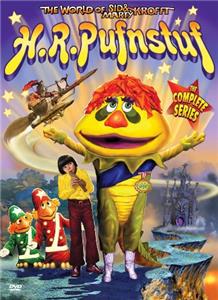
A young boy named Jimmy has in his possession a magic flute named Freddie that can talk and play tunes on its own. One day he gets on a magic talking boat that promises to take him on an adventure. The boat happens to belong to a wicked witch named Witchiepoo, who uses the boat to kidnap Jimmy and take him to her home base on Living Island, where she hopes to steal Freddie for her own selfish needs. Fortunately Jimmy is rescued by the island's mayor, a six foot dragon named H.R. Pufnstuf. After Jimmy is rescued by Pufnstuf and his two deputies, Kling and Klang, his adventures begin as well as his attempts to get back home.
| Series cast summary: | |||
| Jack Wild | - | Jimmy 17 episodes, 1969-1970 | |
| Billie Hayes | - | Witchiepoo 17 episodes, 1969-1970 | |
| Lennie Weinrib | - | H.R. Pufnstuf / - 17 episodes, 1969-1970 | |
| Joan Gerber | - | Freddy the Flute / - 17 episodes, 1969-1970 | |
| Walker Edmiston | - | Dr. Blinkey / - 17 episodes, 1969-1970 | |
| Sharon Baird | - | Lady Boyd / - 17 episodes, 1969-1970 | |
| Roberto Gamonet | - | H.R. Pufnstuf 17 episodes, 1969-1970 | |
| Joy Campbell | - | Cling / - 17 episodes, 1969-1970 | |
| Angelo Rossitto | - | Clang / - 17 episodes, 1969-1970 | |
| Johnny Silver | - | Ludicrous Lion / - 17 episodes, 1969-1970 | |
| Harry Monty | - | Various Characters 17 episodes, 1969-1970 | |
| Jon Linton | - | Various Characters 17 episodes, 1969-1970 | |
| Andy Ratoucheff | - | Various Characters 17 episodes, 1969-1970 | |
| Scutter McKay | - | Various Characters 17 episodes, 1969-1970 | |
| Robin Roper | - | Various Characters 17 episodes, 1969-1970 | |
| Jerry Landon | - | Living Island Tree 17 episodes, 1969-1970 | |
| Felix Silla | - | Polka Dotted Horse / - 17 episodes, 1969-1970 | |
| The Krofft Puppets | - | Clang / - 16 episodes, 1969-1970 | |
Marty Krofft accepted guardianship of Jack Wild while the teenage boy was in America filming the show. Krofft had 2 teenage daughters, and said later that Wild "made my life Hell."
Paul Simon successfully sued the Krofft brothers for plagiarizing his song, "The 59th Street Bridge Song (Feelin' Groovy)." As a result, Simon got a writing credit for the series theme song.
The H.R. Pufnstuf character was originally created for the HemisFair '68 world's fair in 1968, where the Kroffts produced a show called Kaleidescope for the Coca-Cola pavilion headlined by a dragon named Luther, who became the year's symbol of the fair. The Kroffts overhauled the design and changed his colors, with plans to name the show "Lutherland" until a friend suggested "Pufnstuf," which he derived from the recent hit song "Puff the Magic Dragon."
The Kroffts sued McDonalds for copyright infringement because Mayor McCheese and Big Mac bore a strong resemblance to H. R. Pufnstuf. They also noted similarities between the living trees and apple pie trees.
After Sid Kroft watched a rough cut of "Oliver" upon a request from his friend Lionel Bart, he immediately decided to ask Jack Wild for the lead role in this show.
In spite of the show's seeming drug imagery (the psychedelic landscape, an episode prominently involving magic mushrooms, a character whose name is basically "Puffin' Stuff") creators Sid Krofft and Marty Krofft vehemently deny any drug connection.
Only two actresses auditioned to play Witchiepoo. Penny Marshall was first, but they felt that she wasn't right for the part. Stage veteran Billie Hayes came in next, let out a maniacal cackle, and hopped up on a desk. She got the part on the spot.
Many of the characters/voices are celebrity impersonations. These include H.R Pufnstuf (Jim Nabors as Gomer Pyle), Ludicrous Lion (W.C. Fields), Dr. Blinky (Ed Wynn), Grandmother Clock (Zsa Zsa Gabor), Pop Lolly (Jack Benny), Judy Frog (Judy Garland), Orson the Vulture (Frank Nelson), Charlie Book (Richard Haydn), the Evil Trees (Bela Lugosi and Peter Lorre), the big-lipped tree (Charo), the talking Skull (Boris Karloff), the West Wind (John Wayne) and Max Von Toadenoff (Boris Badenov from "Rocky & Bullwinkle").
The idea of Living Island using buttons as currency came from Sid Krofft's childhood. As a kid he'd charged friends buttons, not pennies, to view puppet shows in his back yard.
Ranked #22 in TV Guide's list of the "25 Top Cult Shows Ever!" (30 May 2004 issue).
Coral Kerr created many characters for Sid Krofft and Marty Krofft's films and television series, and for numerous other live action and animation productions since 1966. She created the idea for what became "Freddie the flute" after she was asked to come up with a sort of conscience for Jimmy. She found out 35 years later that Sid and the two male members of the art department were concerned that it would appear too phallic for a television show.
In a 2005 interview for Rhino's "Saturday Mornings with Sid & Marty Krofft" DVD compilation, producer Si Rose took the credit and blame for the inclusion of a laugh track. He remarked that the Krofft brothers were apprehensive, but due to his extensive work in prime-time sitcoms, Rose was able to convince them that audiences would be less receptive to jokes that weren't accompanied by canned laughter.
Holds the distinction of being the only Krofft show that was shot on film. This series was a financial disaster for the Kroffts, who switched to videotape with "The Bugaloos" both in an attempt to keep costs down and to take advantage of the recent blue-screen technology which was becoming prevalent on television.
Although he was playing a 12-year-old, Jack Wild was actually 16 at the time of filming.
The creators made a sponsorship deal with Kellogg's Cereal, which released tie-in giveaway items including bike pennants, stickers, rings, a replica of Freddy the Flute, and a soundtrack album featuring 11 songs from the show.
In 1970, Kellogg's Cereal teamed with Krofft productions and Capitol Records for a soundtrack album which was available as a mail-order premium. The small 45 was shipped in an ornate yellow box with Pufnstuf's picture on it, and the fold-out album sleeve featured a lyric sheet for the 11 included songs. The whereabouts of the original recordings are unknown, so the versions included in subsequent Krofft compilation CD releases were sourced from a record.
The show was an immediate hit, so NBC renewed it for a second season, but it had become such an overwhelming money pit for the producers that they declined and the network was forced to air reruns.
This was not Jack Wild's first time appearing alongside a dragon puppet. He had previously starred in the 10-part British serial Danny the Dragon (1967).
The first feature film that creator Sid Krofft saw was Волшебник страны Оз (1939), which the then-10-year-old caught during its original theatrical run. He has frequently cited it as his favorite movie and the primary inspiration for this series.
Creator Sid Krofft had just gotten a green-light for the show when his friend, writer Lionel Bart, asked for input on a rough cut of the forthcoming hit Оливер! (1968). Krofft was dazzled by the performance of Jack Wild and quickly concluded that the boy was the perfect choice to play Jimmy. No other actors were considered for the role.
In 1970, Remco released a series of hand puppets, which included Jimmy, Pufnstuf, Witchiepoo, Dr. Blinky, Cling, Clang, Orson Vulture and Seymour Spider.
One of the evil trees regularly references Joyce Kilmer's 1913 poem "Trees," always beginning with the line, "I think that I shall never see..."
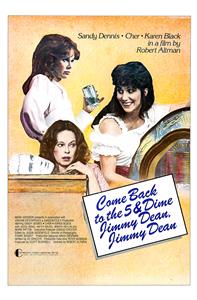
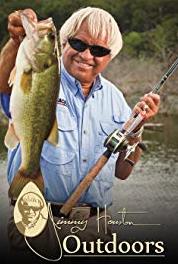

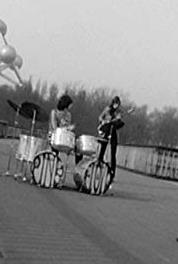
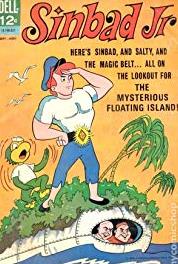
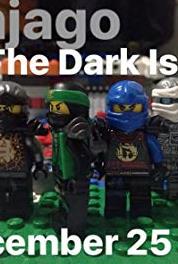

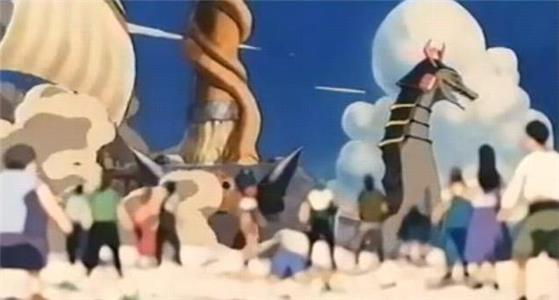
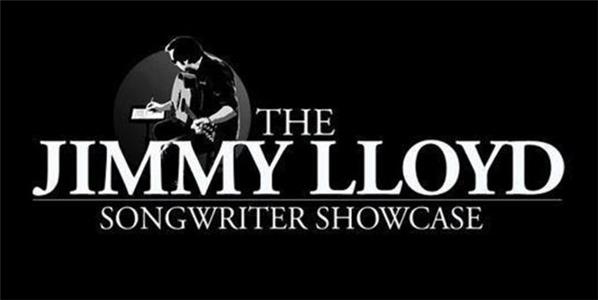
User reviews